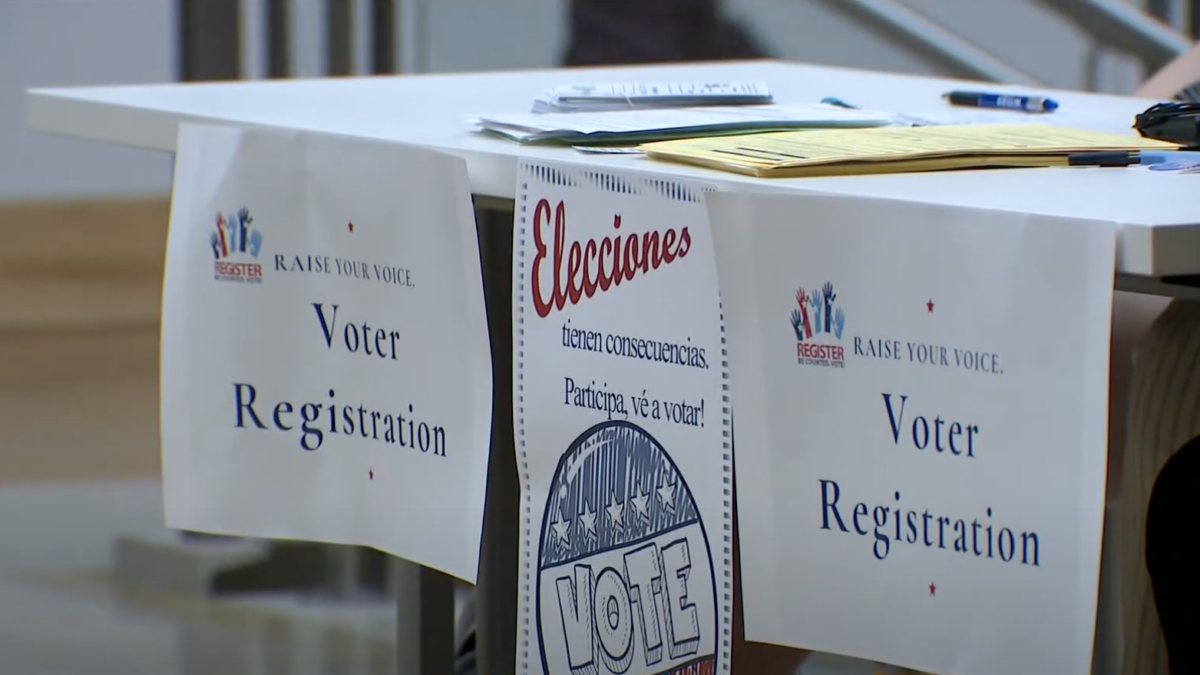Politically, the president’s inequality concern trolling push is just the latest MacGuffin: the distraction of an issue that does not poll as a high priority, but is designed as a sop to the media and his now-shrinking base of support. But it also speaks to real concerns in an era of wage stagnation and squeezed paychecks. There shouldn’t be any debate about the reality of the problem that the costs of basic staples, health care, and higher education are chewing up ever-increasing portions of the median family budget which is, in inflation-adjusted terms, smaller than it’s been since 1995. According to the Bureau of Labor Statistics, over the past five years, the average prices for all goods are 7.7% higher; the average price of bread is 10.4% higher; and the average price of meat/poultry/fish/eggs is 16.2% higher. In the past decade, the average worker has paid 89 percent more toward their health care benefits, while their wages grew 31 percent. The rising costs of the government-fueled higher education bubble makes American parents concerned they can no longer afford to send their kids to college. On top of it all, Americans no longer feel confident about their ability to find a new job which can pay them enough to make up for the costs of these goods and services.
The problem is not that the cost of unskilled labor is too low. The problem is the costs of what workers can buy with the fruits of that labor are too high. And the reason for that is largely due to government and systems which socialize risk and insulate producers from reality, not the realities of a competitive marketplace. Those who favor a free market response to these inequality-related concerns ought to view the minimum wage push as an opportunity to put forward an agenda that speaks to these real concerns with a gas & groceries agenda. This is not going to be solved by more government requirements which raise the cost of labor and will absolutely lead to more low-skilled unemployment: it is with an agenda that would smash the insulated systems which have led to these higher costs.
What does that look like in practice? Well, you can start by ending the massive subsidies and mandates for big conglomerates that drive up food and gas prices; streamlining or eliminate burdensome regulations on food production; ending the government’s management Soviet-style programs of dairy and raisins; streamlining or eliminating burdensome regulations on energy which needlessly drive up prices, inhibit competition, and destabilize the market while eliminating all taxpayer-funded energy subsidies and letting the best product win; and eliminating subsidies and tax incentives for energy companies to turn food like corn into gas, such as the Renewable Fuel Standard. You can propose smashing the federal government’s accreditation cartel, which has had a dramatic and negative impact on innovation within the higher ed space, and take a simple, federalist step of empowering the states to create 50 new accreditation entities. With the ability to accredit all the way down to the level of the individual course, this approach would push market-driven course offerings designed not as hollow imitations of larger liberal arts programs, but to suit the skill demands of the new economy.
These types of approaches, packaged together or pursued separately, should address these concerns head on. But is the Republican Party at all interested in such steps? It’s an open question, given how many of them are still in bed with many of the industries who view these protectionist and subsidy programs as essential supports for their industry.
I’ve repeatedly criticized the government’s sugar program, which kills jobs here in America while driving up prices on sugar and incentivizing the use of high fructose corn syrup – some estimates have put the program at a $1.9 billion annual cost for foodmakers and consumers. But this piece in the Washington Post illustrates how much hypocrisy exists on the right around the program, bringing together Debbie Wasserman Schultz and Marco Rubio to defend a New Deal-era program of market-warping cronyism.
“As a rule, the industry meets with every incoming freshman member of a new Congress. This year the list included Rep. Ted Yoho (R-Fla.), elected in 2012 on a tea party platform. Yoho quickly gained national recognition for, among other things, pressing House Republicans to cut deeply into farm bill programs such as food stamps. But on sugar subsidies, the livestock veterinarian said he has grown to support the industry view. He is sponsoring a sugar-backed resolution that favors giving up the sugar program only when other countries end their subsidies. “I ran on limited government, fiscal responsibility and free enterprise,” Yoho said, “but when you’ve got programs that have been in place and it’s the accepted norm, to just go in there and stop it would be detrimental to our sugar growers.”
Mario Loyola does a good job of explaining how execrable Yoho’s position is here.
“Protectionism is always a reverse–Robin Hood proposition. Farm protections force the poor to pay artificially higher food prices in order to pad profits for millionaire farmers. And the poor never even realize that they’re basically being defrauded by a conspiracy of government officials and their favorite special interests. When properly understood in their true economic light, these farm supports (like the abominable Wright Amendment for American Airlines) are tantamount to government collusion in a criminal price-fixing cartel. Contrary to what is an almost biblical tenet of progressivism, government cannot sanitize a price-fixing cartel. Government power can only make the cartel’s injury to the public far worse, both by protecting the cartel from the competition that would bring it down in a truly free market, and by making the cartel permanent. It is no surprise that the New Deal’s agriculture supports were foisted on the American public as emergency measures, but are still with us today.”
Some Republicans have taken up more populist anti-corporatist and anti-cronyist arguments in recent months, because they can read the same polls we do. But will they stand up to cronyism, or are they just interested in demagoguery on the issue until they hold the reins of power again? I’m skeptical they’ll change unless political reality forces the issue and makes this route the most expedient, and make the obvious lure of Big Sugar less appealing.









